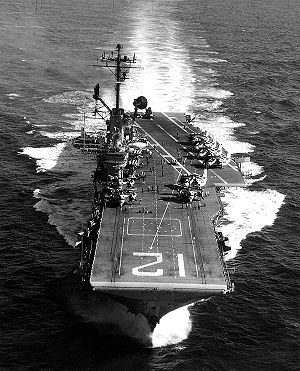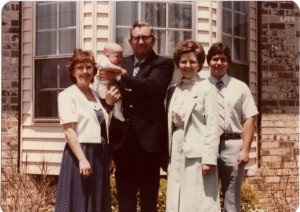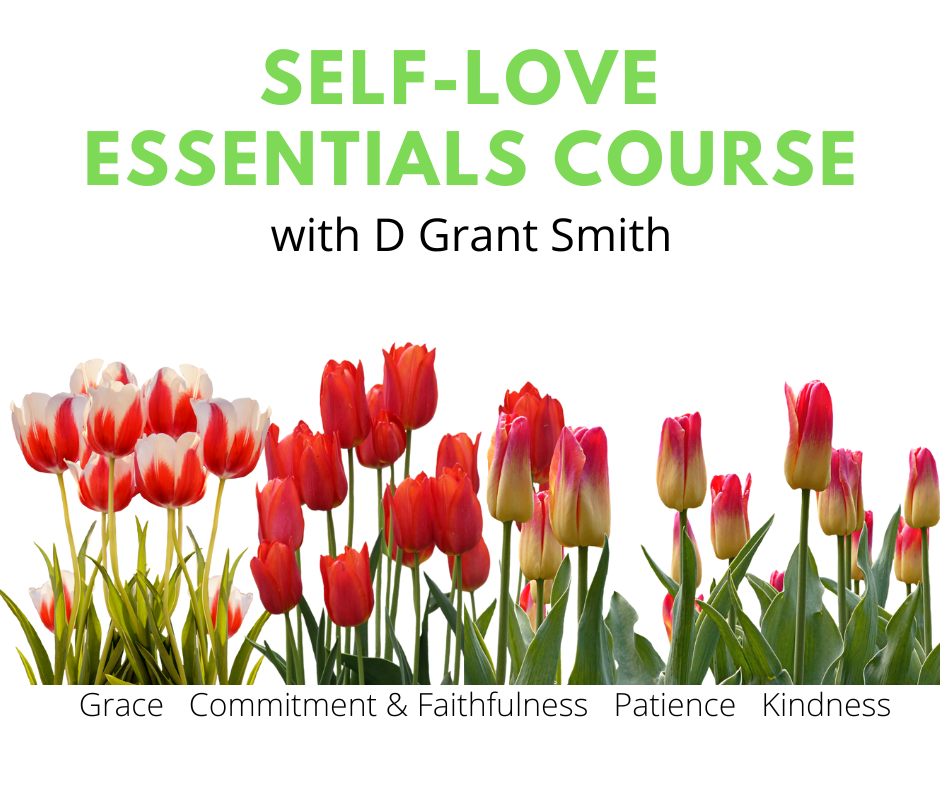“Do what you love and you’ll never work a day in your life.” -W. Moore
The older I get the more I look back at the recent and distant past. In some of these reflective times I’m very thankful that things have turned out better than I hoped or better than I dreamed. When I look at my wife and our home, the life we’re building together, it’s so much better than anything I tried to envision over a decade ago. I chased after other options that would have not produced the wonderful reality I live in now. I’m glad things worked out better than it could have been.
Other reflections bring me regret, as to most introspective sessions. The point in stating the things I regret here is to be transparent in what I’m doing, and to draw a closer connection with you so that we can learn from each other. Relationship connections are one of the best teachers, and one of the things I regret are missed connections with people that at one point I was very close to.
There are quite a few individuals I wish I could go back and reconnect with, many of whom have moved on to the next life. One of those people is my maternal grandfather (whom I called Pop). Pop grew up in the southeast, son of farmers, who experienced first-hand the realities of poverty, survived the Great Depression, fought bravely in WWII in the battlefront of the Pacific, returned home to start a family and a new business.
Pop was one of THE most noble, honorable, kind, and amazing people I’ve ever known. He didn’t talk much about the past, and knowing what he lived through I can understand why. He died when I was in my early 20s of leukemia. The time I got to spend with him was enjoyable, with many fond memories. But most of the memories and times we spent together were when I was a child and then a teenager. I didn’t have the opportunity to connect with him as an adult, which is what I reflect on in this missed connection.
I’m a big fan of studying the past. If you listen to The Appetizer Radio Show, I reflect periodically on what we learn and appreciate by listening to music from yesteryear, songs and artists who speak to us in powerful ways through songs produced decades ago. I believe George Washington was one of a few famous individuals in history who said “He who forgets the past is condemned to repeat it.” Apply that to any area of life or business and there is much to be appreciated.
What I wish I could go back and talk with Pop about is what it was like for him to work the cotton fields, to leave school midway through each semester so he could pick cotton for his family (both of my grandparents did that in the 1930s). I know that taught him a lot about work ethic, diligence, and had to have paved a way in some fashion for the generosity he showed people throughout his life.
I’m pretty sure he wouldn’t have shared much from the war, because to my parents recollections the only time he ever mentioned anything from it was when we took a family trip to D.C. and saw the Smithsonian museum. The old planes, ships, and history all over that place caused Pop to talk briefly about his memories, but nothing specific about his recollections.
 Pop was in the Navy, working in the engine room of the USS Hornet. I didn’t know this until a few weeks ago when I took a trip to Fredericksburg, Tx and saw another WWII museum (The Nimitz) that the Hornet had been instrumental in the US victory against Japan, being the only carrier that could transport the B29 bombers to make their bomb runs into mainland Japan. At one point the Hornet faced off against 6 Japanese ships and sunk 3 of them before it was hit with a torpedo that sunk it.
Pop was in the Navy, working in the engine room of the USS Hornet. I didn’t know this until a few weeks ago when I took a trip to Fredericksburg, Tx and saw another WWII museum (The Nimitz) that the Hornet had been instrumental in the US victory against Japan, being the only carrier that could transport the B29 bombers to make their bomb runs into mainland Japan. At one point the Hornet faced off against 6 Japanese ships and sunk 3 of them before it was hit with a torpedo that sunk it.
All I had been told by family about that was that Pop’s ship had gone down and he had tread water in the ocean for many hours before a US ship picked them up. The Nimitz museum provided so much more insight into what actually transpired that it made even more sense what that experience wasn’t something Pop ever talked about. I can’t imagine being in the engine room while torpedoes are whizzing by you, only to be struck, and try to evacuate. How long did he tread water with enemy ships nearby until they were rescued? That’s daunting to even try to imagine.
What I do wish I could go back and ask Pop about is starting a business from scratch in the 1950s. That’s real entrepreneurism, without the cliche stuff we hear all the time in the modern business world. After getting out of the navy, he started working for a small furniture store in Mississippi where he and his wife lived. He was there for a few years, learning the business, the industry and the way to be profitable. A few years later, he worked with a partner and started his own furniture store.
A few years went by and his partner wanted to change career fields so Pop bought him out and changed the name of the business. He owned and ran Moore Furniture in Tupelo, MS until the 1990s when he sold it due to giant furniture stores moving in and taking over his area. Some 40 years of business as a small retailer is an incredible amount of entrepreneurial wisdom I wish I could access. I’m fairly sure there weren’t many books or outlets that provided a “Dummies Guide to Starting Your Own Furniture Store” back then. He had to rely on his intuition, guts, faith, and savvy to make it work. In this capacity I have many questions.
You and I live in the age of information, where nearly anything can be found in a moment using the web. Not only that, we can access nearly any piece of information from my phone no matter where I am. This capability to find out anything anytime anywhere seems like an incredible amount of power for any of us to possess. And yet I believe it limits us in many ways. What pure information alone doesn’t give us is the perspective of who made the information, knowledge, and wisdom, and the stories that took place to make that possible. We have just the facts and not the how it came to be.
I’m guilty of this too, meaning that I rush through reading about some of the history of things without embracing the stories told of how things came to be. Changing that, paying closer attention to the people and stories taking place around us, listening more and talking less, and treasuring these nuggets of wisdom is how I’m working against the regrets in my mind. We can still move forward together, learning how we could have connected better, and making a dedicated effort to bridging gaps so that history will not be forgotten.
I’m not going to ask of your regrets unless you care to share them. Instead, this time I’m just going to ask that you share a story from your relatives or close friends that taught you something. Or if you could go back and ask a loved one about their past life, what would it be and what would you like to learn from it. I look forward to connecting with you through this.





You must be logged in to post a comment.